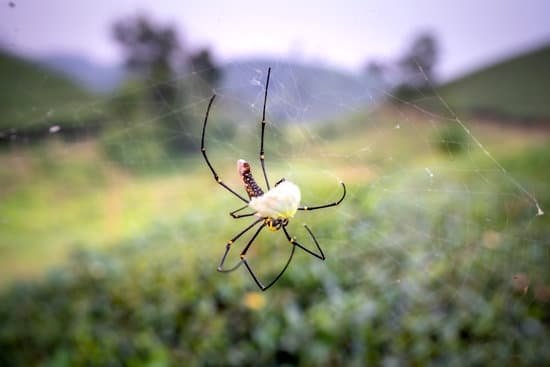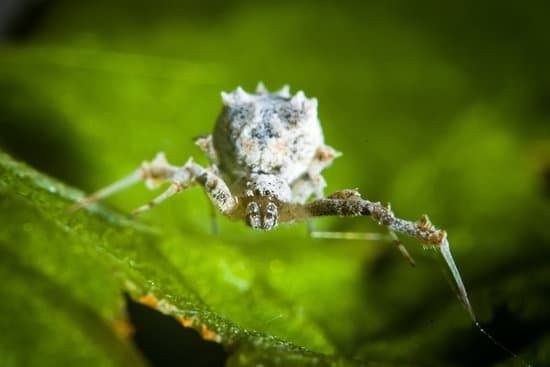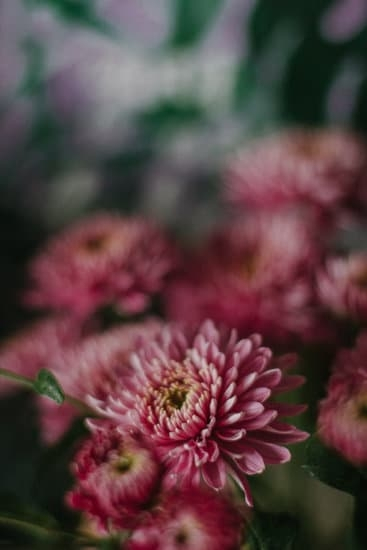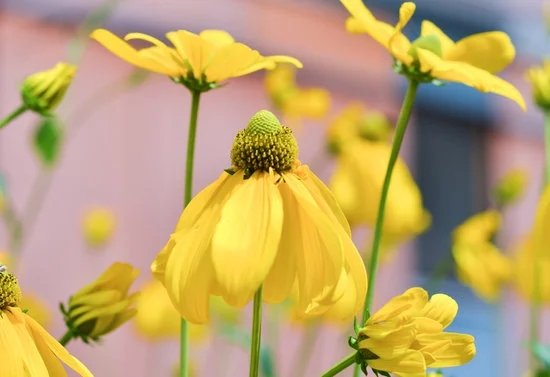Good Home Gardening Tips
Creating and caring for a garden can be a fun and rewarding experience, but it can also be a lot of work. Whether you are a beginner or a seasoned pro, these tips can help you create and maintain a beautiful garden that will be the envy of your neighborhood.
The first step in creating a successful garden is to choose the right location. The spot should get plenty of sunlight and be close to a water source. It’s also important to consider the climate and soil type in your area.
Once you’ve selected a location, it’s time to start planning your garden. Decide what you want to grow and how much space you will need. It’s also a good idea to sketch out a plan so you can see how everything will fit together.
When it comes to plants, there are a few things to keep in mind. First, make sure to choose plants that are suited to your climate and soil type. Also, be sure to select plants that will bloom at different times so you can enjoy flowers all season long.
When it comes to gardening, one of the most important things is to be patient. It can take a while for plants to take root and start growing. Don’t be discouraged if your garden doesn’t look perfect at first. With a little bit of TLC, it will soon be blooming with color.
If you follow these tips, you’ll be well on your way to creating a beautiful and successful garden.
Home Vegetable Gardening Tips
Planning and planting your home vegetable garden is a great way to provide your family with fresh, healthy vegetables all season long. There are a few things to consider when planning your garden, such as the size of your garden, the types of vegetables you want to grow, and the amount of sunlight your garden receives.
When planning your garden, it’s important to choose vegetables that are appropriate for your climate and the amount of sunlight your garden receives. Some vegetables, such as tomatoes and peppers, require lots of sunlight and cannot be grown in shady areas. Other vegetables, such as lettuce and spinach, can be grown in shady areas.
When planting your garden, it’s important to use a good quality soil mix. You can buy a soil mix at your local garden center, or you can make your own mix by combining equal parts of sand, peat moss, and compost.
Once you’ve planned your garden and planted your vegetables, it’s important to water and fertilize your plants regularly. Vegetables need at least an inch of water per week, so be sure to water your plants regularly. You can also fertilize your plants with a water-soluble fertilizer, such as Miracle-Gro, once a week.
By following these simple tips, you can enjoy a bountiful home vegetable garden all season long.
Home Gardening Tips For Beginners
Starting a garden from scratch can be a daunting task, but with a little planning and some basic gardening tips, you can be on your way to a thriving garden in no time. Here are a few tips to help you get started:
1. Choose the right spot.
One of the most important gardening tips for beginners is to choose the right spot for your garden. You’ll want a spot that gets plenty of sunlight, is easy to access, and has good drainage.
2. Start small.
When you’re just starting out, it’s best to start small. You can always expand your garden later if you want.
3. Pick the right plants.
Not all plants are created equal, so you’ll want to choose plants that are suited to your climate and soil type. Talk to your local garden center for advice on which plants will work best in your area.
4. Prepare the soil.
Before you can plant anything, you’ll need to prepare the soil. Add some organic matter to the soil to help it drain better and improve the soil’s fertility.
5. Water carefully.
Watering your garden is important, but you don’t want to water it too much or too little. Try to water your plants in the morning so they have time to dry off before nightfall.
6. Mulch your plants.
Mulching your plants is a great way to protect them from the elements and help them retain moisture. Mulch also helps to keep the soil healthy and prevents weeds from growing.
7. fertilize your plants.
Fertilizing your plants is important for their health and growth. Use a balanced fertilizer that is suited to your plants’ needs.
8. weed your garden.
Weeds can quickly take over a garden, so it’s important to weed it regularly. Pull the weeds by hand or use a weed killer to get rid of them.
9. enjoy your garden.
The best part of gardening is getting to enjoy the fruits of your labor. Sit back and relax in your garden surrounded by beautiful plants and flowers.
Tips On Vegetable Gardening At Home
Many people think that vegetable gardening is difficult, but it can actually be very easy and fun. If you have a little bit of land, you can grow your own vegetables right at home. In this article, we will provide you with some tips on how to get started with vegetable gardening.
The first thing that you need to do is to determine what type of soil you have in your garden. If the soil is not good, you will need to amend it before you can start gardening. You can do this by adding organic matter such as compost, peat moss, or leaf mold. You can also add some sand or perlite to help improve the drainage.
Once you have amended the soil, you need to choose the vegetables that you want to grow. There are many different types of vegetables to choose from, so you should be able to find something that will suit your needs. Make sure to choose vegetables that are suited for your climate and growing conditions.
Once you have chosen your vegetables, you need to prepare the soil. This can be done by digging a hole and adding the appropriate amount of organic matter. You should also add some fertilizer to the soil. Be sure to read the label to find out how much fertilizer to add.
Once the soil is prepared, you can plant your vegetables. Be sure to follow the instructions on the seed packet. Most vegetables should be planted in rows, and you should space the plants accordingly.
Once the vegetables have been planted, you need to water them. Be sure to keep the soil moist, but not wet. You may also need to provide some support for the plants, especially if they are tall.
If you follow these tips, you will be able to successfully garden vegetables at home.
Home Gardening Tips In Kannada
Kannada is the most spoken language in the southern Indian state of Karnataka. It is also one of the official languages of India. If you are a Kannada speaker and are interested in gardening, you will find the following tips helpful.
When planting vegetables or flowers, it is important to use the right type of soil. The soil should be rich in organic matter and have a pH level of 6.5-7.5. If the soil is too acidic or alkaline, you can add lime or sulfur to adjust the pH level.
It is also important to water your plants regularly. Vegetables need at least 1 inch of water per week, while flowers need at least 1 inch of water per month. You can water your plants using a garden hose or watering can.
If you are growing vegetables, it is important to fertilize them regularly. You can use either organic or synthetic fertilizers. Organic fertilizers are made from natural ingredients, while synthetic fertilizers are made from chemicals.
When choosing plants for your garden, it is important to consider the climate and the amount of sunlight the plants will receive. Some plants require full sun, while others can tolerate partial shade.
It is also important to choose plants that are native to your area. Native plants are accustomed to the climate and soil in your area, and they are less likely to suffer from pests and diseases.
When planting vegetables or flowers, it is important to use the right type of soil. The soil should be rich in organic matter and have a pH level of 6.5-7.5. If the soil is too acidic or alkaline, you can add lime or sulfur to adjust the pH level.
It is also important to water your plants regularly. Vegetables need at least 1 inch of water per week, while flowers need at least 1 inch of water per month. You can water your plants using a garden hose or watering can.
If you are growing vegetables, it is important to fertilize them regularly. You can use either organic or synthetic fertilizers. Organic fertilizers are made from natural ingredients, while synthetic fertilizers are made from chemicals.
When choosing plants for your garden, it is important to consider the climate and the amount of sunlight the plants will receive. Some plants require full sun, while others can tolerate partial shade.
It is also important to choose plants that are native to your area. Native plants are accustomed to the climate and soil in your area, and they are less likely to suffer from pests and diseases.

Welcome to my gardening blog! I am passionate about plants and enjoy sharing my knowledge and experiences with others. In this blog, I will write about everything related to gardening, from tips on how to get started to updates on my own garden projects.





